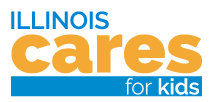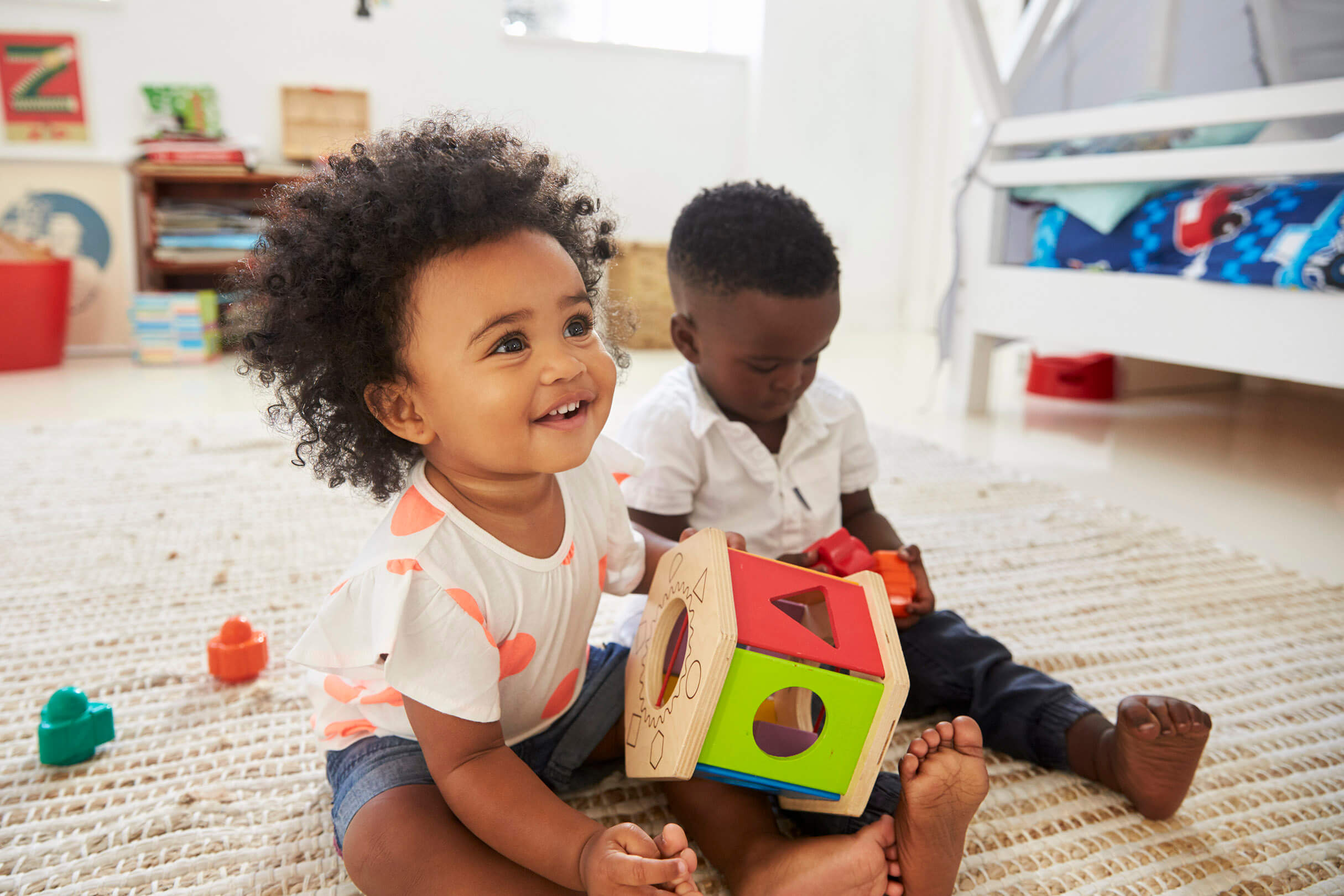Mental Health and Development for Young Children
Mental health is just as important for kids as it is for adults.
What is Infant and Early Childhood Mental Health?
Infant and Early Childhood Mental Health includes all the things that help babies and toddlers:
- Form close and loving relationships with family and friends
- Feel, manage, and express emotions
- Explore and learn about the world
These skills grow in a family, community, and culture that supports the child’s well-being.
Supporting Infant and Early Childhood Mental Health
We can support young children’s mental health by focusing on:
- The child’s needs and strengths
- The needs and strengths of the child’s main caregiver
- The quality of the caregiver-child relationship
- The environment around the child
Signs of Mental Health Concerns in Young Children
- Changes in eating, sleeping, or bathroom habits
- Strong behaviors like frequent crying, biting, tantrums, or aggression
- Quiet behaviors like avoiding others or seeming very scared
- Going back to earlier behaviors, like acting younger than before
Early Mental Health Challenges Are Common and Can Be Helped Many young children experience stress or trauma. In the U.S., 20-25% of kids face trauma before they grow up. Among children ages 0-5, about 9-14% experience mental health struggles, and by age 2, the rate is similar to teenagers.
The good news is that early help can make a big difference! Healthy emotional development is supported by:
- Loving and responsive caregivers
- Understanding and working with the child’s personality
- Teaching emotions through play and daily activities
- Helping kids learn words for their feelings
- Recognizing family traditions and culture
Who can help?
If parents or caregivers are worried about a child’s mental health, the best step is to ask a professional for help.
Primary Care Providers: Doctors can check for mental health concerns during check-ups. Medicaid and private insurance may cover these screenings.
Community Mental Health Centers: Some community mental health centers offer therapy, crisis help, and other services for families. To find one near you, visit IDHS: Office Locator and choose your county under "Mental Health."
Early Intervention: Illinois offers services to help children under 3 reach developmental milestones. This includes therapy, assessments, and other supports. If you think your child may need Early Intervention, find your local Child and Family Connections (CFC) office through IDHS: Office Locator and call them.
Early Childhood Special Education: Kids ages 3-5 with special needs can receive services through their local school district. If you’re concerned, ask your school district about a special education evaluation.
Early Childhood Care and Education Providers
Professionals in home visiting programs and early care and education programs are trained to notice and support young children's mental health needs.
If your child is older than three and you need help checking their behavior and development, visit Illinois’ Behavioral Health Care and Ongoing Navigation (BEACON) portal. This website helps Illinois families find information about mental and behavioral health.
If your child is between 0-3 years old and you need more information about mental health, or if the Illinois BEACON assessment portal sent you here, you are still in the right place! You can use the Service Provider Identification and Exploration Resource or SPIDER.
What is SPIDER?
SPIDER is a FREE search tool that helps locate services in Illinois. Anyone in Illinois can use it to find different programs and agencies that have the help they need. SPIDER’s list of programs and agencies is always being updated.
SPIDER finds programs like:
- Support for young children (ages 0-5) to grow and develop
- Classes and Guidance for Parents
- Mental Health Counseling
- Treatment for behavioral and mental health issues
- Services for people affected by domestic violence
- Programs for drug or alcohol treatment
- Health care services
- Other programs that provide housing, food, job training, financial aid, and more
Additional Resources
For help using the resources, check out Get the Most Out of SPIDER.
If you or your child are feeling very anxious, depressed, or in crisis, call or text 988 to reach a trained counselor 24/7. This service is free and available to people of all ages, including kids and teens.


